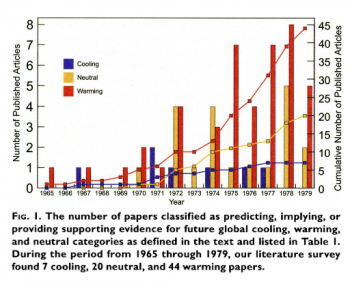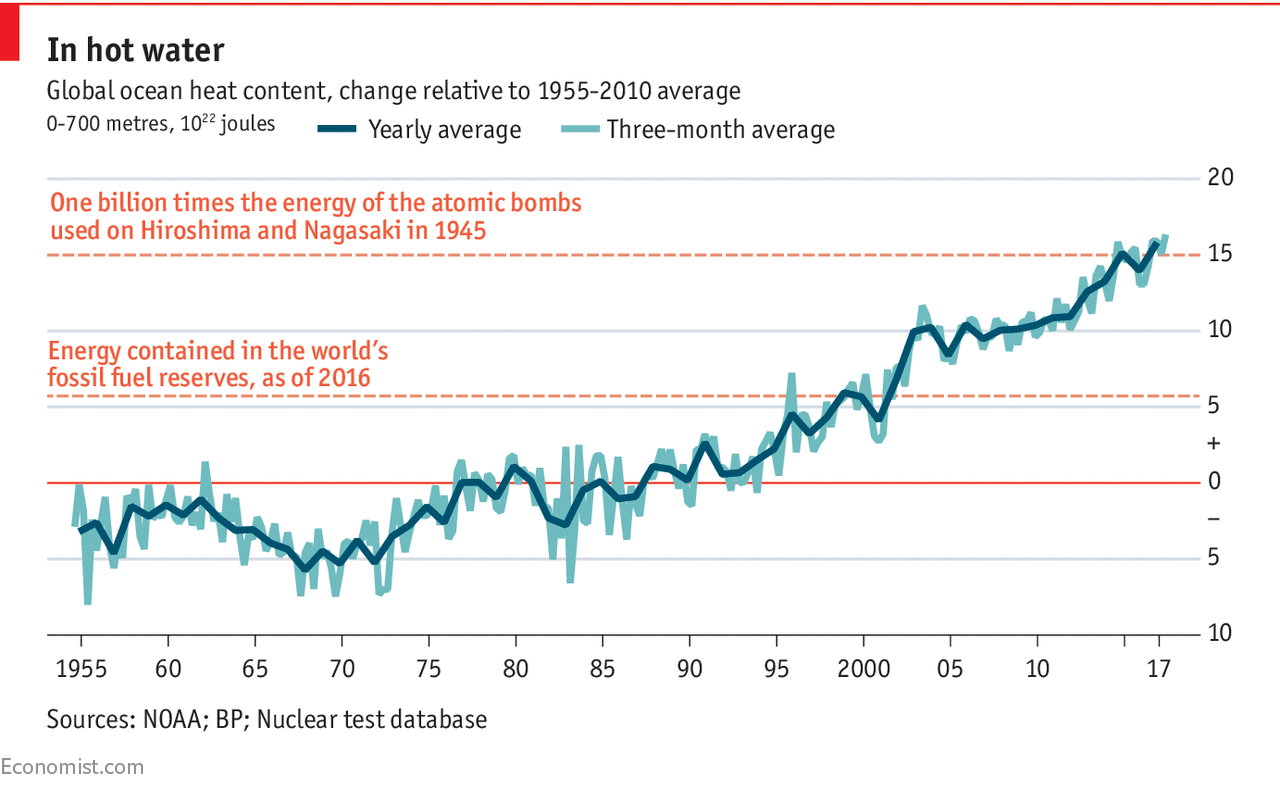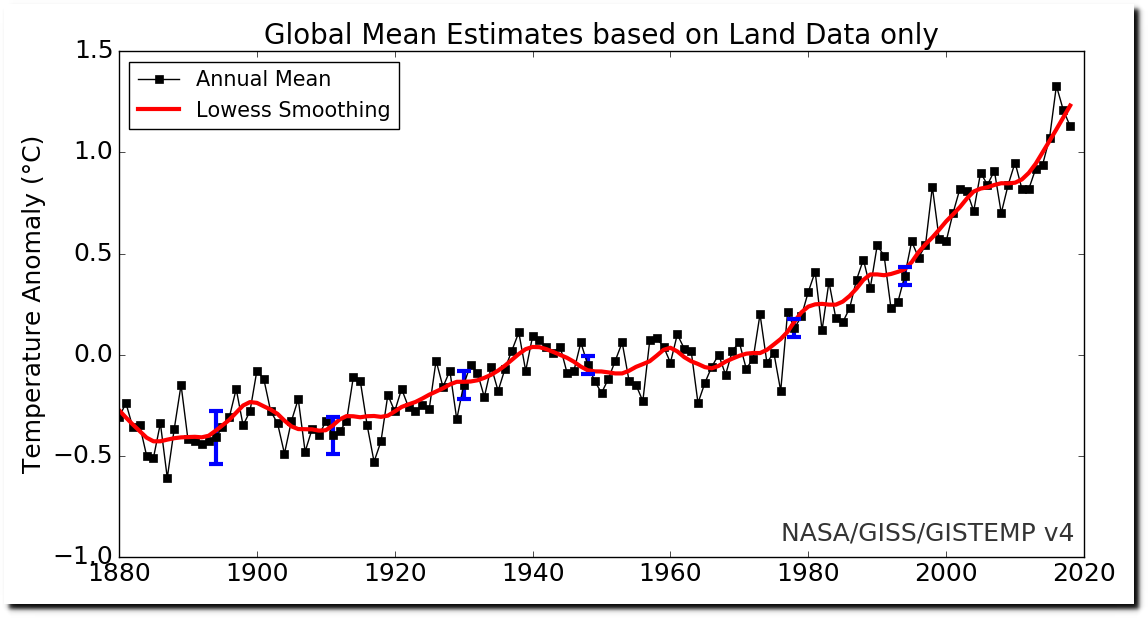Dcopymope
Well-Known Member
Earth is Warming from Inside out NOT Outside in and that is Causing our Climate Change! Proof is the huge increase
of worldwide volcanoes and Artic ice caps melting from the bottom to top.Strange!!! "science" seems to have no clue OR is it that man made climate change is just a huge lie?
Mike from around the world on the Paul Bigley program on youtube Talks about earth warming from the inside out and volcano heat vents under the oceans giving off huge amounts of heat! Google===
"" Breaking News: "Neutron Star Hits Earth With Massive Gamma Wave Of Energy" ""
Ok, and the moral of this story is?



 rine into the stratosphere to warm it up again ;)
rine into the stratosphere to warm it up again ;)

